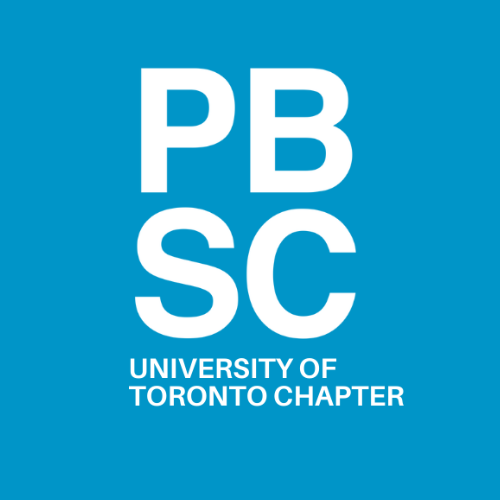Justice for Children and Youth: Digital Public Legal Education (1 position)
Area of law: Poverty Law -- Housing Law -- Human Rights Law -- Constitutional Law -- Immigration and Refugee Law -- Administrative Law -- Family Law -- Criminal Law
Justice for Children and Youth strives to protect and advance the legal rights and dignity of children and youth. Justice for Children and Youth provides legal advice, representation, and assistance to young people under the age of 18 and unstably housed adults up until the age of 25. To learn more about JFCY, check out their website here: https://jfcy.org
Detailed Role of Students
The expectation is that the student volunteer creates at least two digital PLE materials per week. PLE materials should be created in multiple versions to fit the requirements of all platforms (Instagram grid, Instagram stories, Facebook, and Twitter). The student will share the images/graphics they create, along with copy for a caption, with the lawyer supervisor. The digital PLE materials will be added to a library of materials that are ready to be posted to social media by JFCY staff. Student volunteers will not be expected to run the social media accounts, and will not be responsible for responding to comments, direct messages, and other communications.
If applicable, the student volunteer will receive relevant branding materials from JFCY such as a high-quality copy of the JFCY logo to be added to all posts. The student is encouraged to develop a style guide, if one is not yet finalized, that outlines four brand colours (with HEX codes) and four brand fonts to ensure cohesive design is applied to all posts.
The student will receive topics/issues from JFCY staff and will use Canva (or their preferred platform) to create posts containing legal information directed at youth under the age of 25 in response to those requests. JFCY welcomes collaboration and the student's input, but the primary focus will be on the topics identified by JFCY staff. The digital materials must be visually appealing, eye-catching, and informative. Student volunteers are not permitted to give legal advice; therefore, a disclaimer must be attached to PLE materials. The student will work with the lawyer supervisor and staff at JFCY to determine the most effective way to ensure all legal information has the appropriate disclaimer.
When creating materials, the student may need to conduct research before designing PLE posts. Any research conducted that will inform the creation of PLE materials must be reviewed by the lawyer supervisor. It is advised that the student seek approval of research before beginning PLE designs to ensure accuracy and efficiency.
When creating PLE materials, the student will adhere to the standard image sizes and character counts for each social media platform. As of July 13th, 2021 the requirements are: Instagram grid posts - 2200 characters for captions / image dimensions 1080 x 1080 px; Instagram story posts - image dimensions 1080 x 1920 px; Facebook - 63206 characters for captions / image dimensions 940 x 788 px; Twitter - 280 characters for captions / image dimensions 1600 x 900 px. The student is encouraged to use templates on platforms like Canva for ease.
Time Commitment
Required Training
Number of Students and Prerequisites
- How many students?
- One student volunteer
- Can first year law students volunteer?
- No - only upper years can volunteer on this project.
- Should you be bilingual?
- No, but the ability to speak different languages would be an asset.
- Any other expectations for this project?
- There are no prerequisites but criminal law, family law, administrative law and poverty law knowledge helps. Students should have an interest in legal writing and in gaining skills with client interviews. Experience working with youth and within an anti-oppression framework is an asset. Students are expected to work within a social justice, anti-oppression and children's rights framework. Justice for Children and Youth is an inclusive and safe space. Students should be interested in legal research and have strong memo writing skills.
